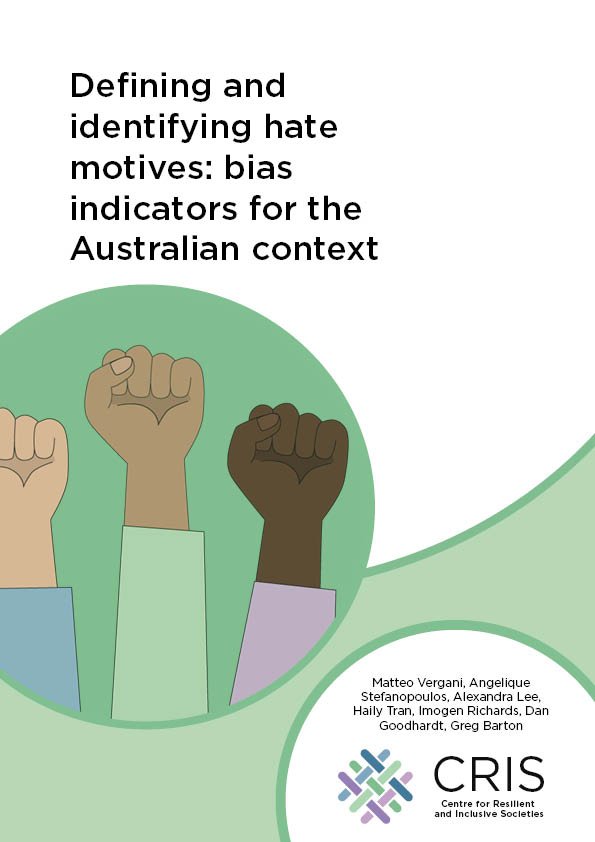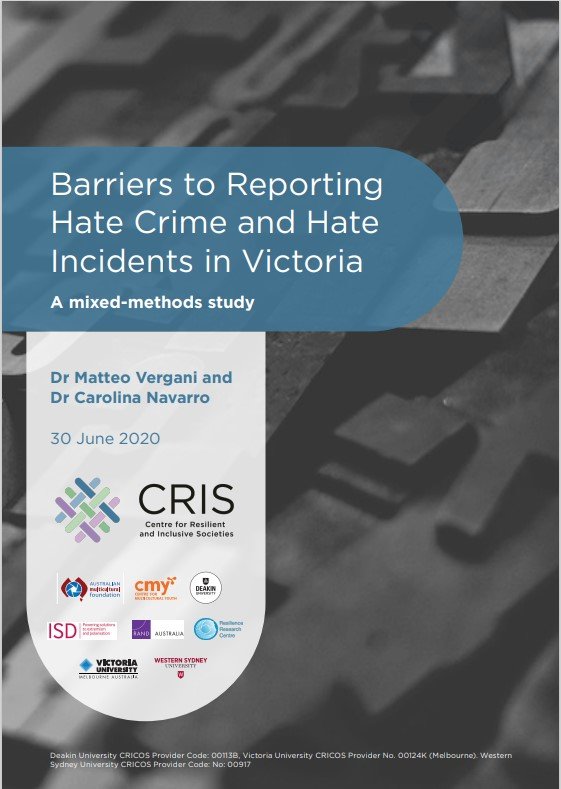
Do Governments Trust Communities? The Trust Flows Project Research Report
Around the world, governments in liberal democracies are increasingly worried by the decline of public trust. The question that is often asked is why individuals and communities have declining trust in government institutions. However, the reverse question – whether governments trust communities, and if not, why not – is far less frequently explored. A relationship of trust involves one party trusting another, and that trust being returned. One key quality of trust is therefore reciprocity. For a successful trust relationship to be created and maintained it must be reciprocal. Trust must flow both ways – not just from communities to government but from government to communities.
This Report examines trust relationships between government and communities that play a role in developing resilience to social harms. The particular focus is on the areas of disaster recovery, emergency response and dealing with violent extremism, and the ways in which government officials implement related programs and policies. The aim of the project is to support government officials and community leaders and members in creating and sustaining the trusting relationships that are needed to deliver these types of resilience building programs.

Pathways of Resilience to Violent Extremism (VE) in Indonesian Higher Education
This research report has been conducted by an NGO called Love Frankie and funded by USAID and contains insightful new research (English and Bahasa) from Love Frankie with USAID on Indonesian youth resilience to violent extremism featuring the BRAVE measure.
Michele Grossman (lead), Greg Barton, Dr Vivian Gerrand, and Michael Ungar (a CRIS Consortium partner).

Defining and identifying hate motives: bias indicators for the Australian context
This report presents bias indicators for the Australian context and discusses their concept, uses, benefits and risks. The bias indicators we present are the result of extensive consultations with local experts including academics and practitioners working in law enforcement agencies, government and non-government organisations and community organisations. We aimed to make sure that the list would be practical and relevant to practitioners working in the fields of hate crime and hate speech.
Matteo Vergani, Angelique Stefanopoulos, Alexandra Lee, Haily Tran, Imogen Richards, Dan Goodhardt, Greg Barton

Barriers to Reporting Hate Crime and Hate Incidents in Victoria: A Mixed-Method Study
This report provides important evidence for all stakeholders involved in tackling hate in Victoria, including policy makers, law enforcement agencies and community organisations, to better understand how to address community reporting barriers.
Dr Matteo Vergani & Dr Carolina Navarro





